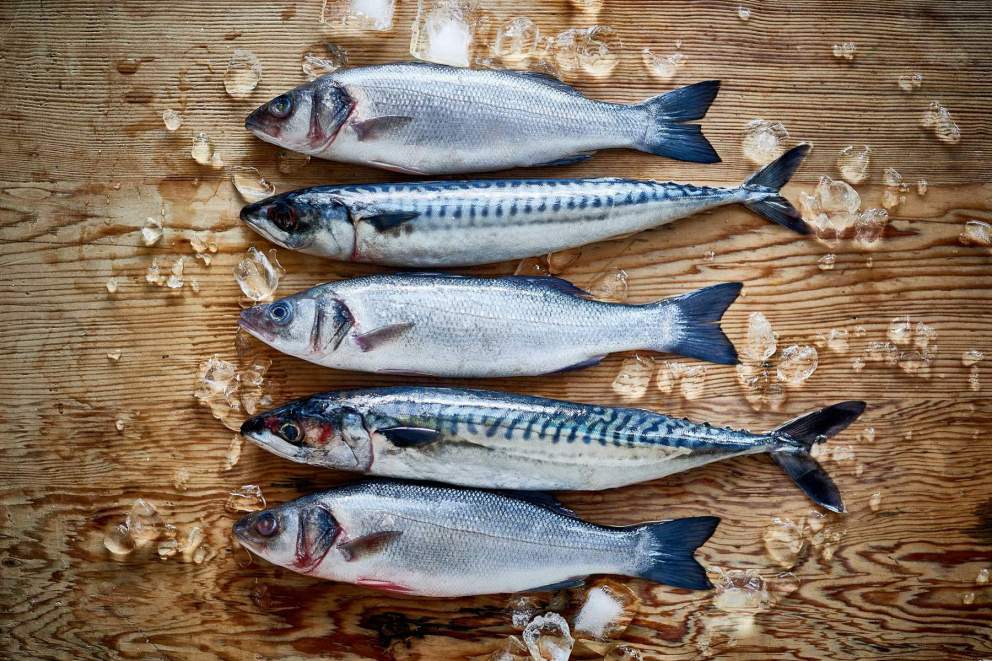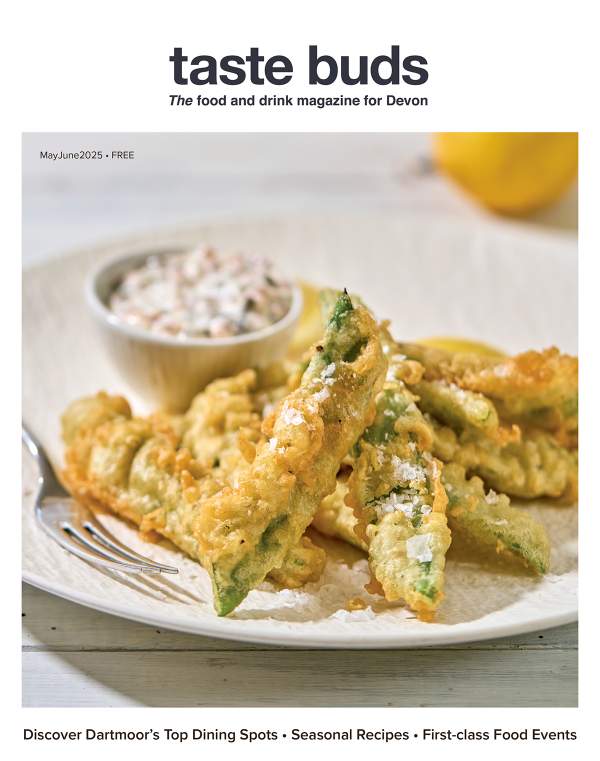When buying fish, spare a thought for the fishermen who help get it to your plate, says Clare Hunt

The amount of information we receive about fish means decision-making about what’s good for us and what’s good for the environment can be a minefield. But the one thing we rarely consider when standing at the fishmonger’s counter is how the fish actually got there in the first place. Outside of the occasional local news story and the constant under-rumble of discontent about EU quotas, marine conservation areas and ‘no take’ zones, how much do we actually think about the people who put fish on our plates?
Devon’s coasts are made fruitful by the fast-flowing, cold waters of the Channel and the effects of the gulf stream, while shallow Lyme Bay provides the perfect breeding ground for an abundance of species. With two of the country’s biggest fish markets at Brixham and Plymouth, Devon’s catch is valued at in excess of £40 million each year. The UK’s largest haul of shellfish comes through Brixham, with a huge proportion – around 70% – of the overall catch being exported. But getting the fish to market is no mean feat.
Reputed to be amongst the most dangerous peacetime occupations, fishermen work long, antisocial hours in conditions most of us would baulk at. Tough, manual labour combined with frequently ferocious weather conditions and deadly seas make fishing a profession that calls for a unique blend of mental resilience and physical endurance. Coupled with that is the unpredictability of the catch. Every trip out is a gamble – will the fish be there or not? – and that gamble is reflected in the pay packets of the crew. So the next time you worry about the sustainability of the fish you’re eating, spare a thought for those who caught it: we should be worrying about their sustainability, too.
Ben Bengey, 19, is a fisherman, charter-boat skipper and Ilfracombe RNLI crew-member. He explains: “I’ve worked on charter boats taking angling trips out from the age of eight or nine, working for my dad. When I hit my early teenage years I got a place with Mark Humphrey, the harbour’s top skipper at the time. He taught me most of what I know today.
“Then, at the age of 15 I got a call from my dad saying, ‘Go to the pub and meet the fisherman, I think they want you to go to sea tomorrow.’ So I got up at 3.15am on Friday 13th (what could go wrong?) and experienced my first day as a fisherman. From that moment I was hooked and started being the fill-in man, going to sea when they needed crew.
“I fish for lobster in the summer months and work on a bigger boat as crew in the winter, fishing for whelks. There are many good parts about the job. I mean, just thinking about my job puts a smile on my face. How lucky am I to be a fisherman – the last of the hunters! You never have the same day twice. The things I get to see on a daily basis people would not believe: the wildlife, the birds, the sights and the sounds.
“The worst thing about the job is the lack of sleep. The times we go to sea vary with the tides. But the earlier we go, the faster we get back, so if we leave at 2am we should be back by 12noon-ish. The weather can be a pain but the boat I crew on, we just laugh about it! We are a very sarcastic bunch! And we will have a laugh all hours of the day.
“An average day at sea means waking up 30 minutes before we’re due to sail, getting down to the boat, loading and cutting the bait, then setting off. If you’re lucky you might get 40 minutes’ shut-eye before the first string, then we haul, empty and re-bait 350 lobster pots or 500 whelk pots. We do 11 strings a day, so you’re only working for about six or seven hours but it’s constant heavy, hard work. When we’re finished, we wash down the boat, sort the catch, get to the harbour and unload, and maybe load the next day’s bait, ready to go in the morning.
“Going to sea for me is not a job, it’s a way of life – who in the right frame of mind wants to get up at 1am in the middle of winter to go to sea when it’s blowing half a gale of wind and raining! The sea is a calling, it calls for you, but you just be careful and know when enough is enough, because a lot of brave men have been lost to the sea.”
Six times a year, delivered to your door
Annual subscription: £18
Single Issue: £4
MayJune 2025 issue out now
Try before you buy. View digital edition
Go to Shop